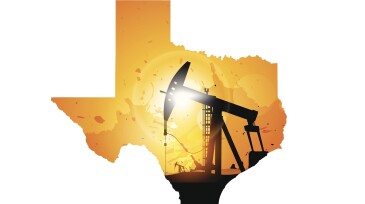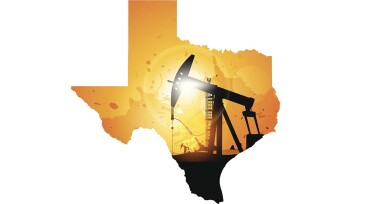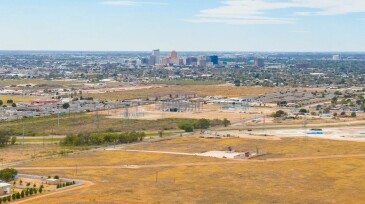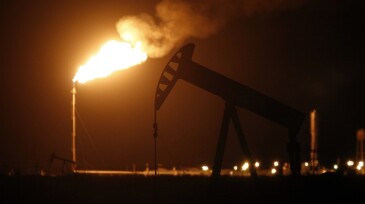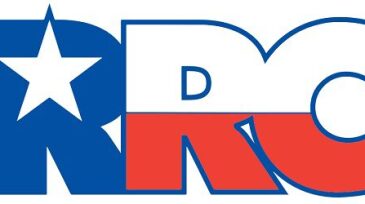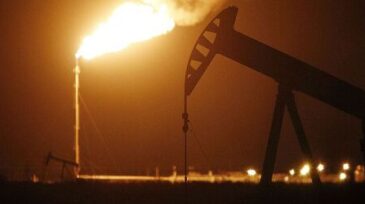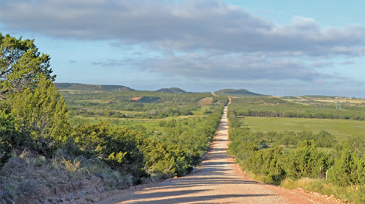Texas Railroad Commission
-
Texas Railroad Commission Chairman Wayne Christian cheered the state government’s push against environmental, social, and governance investing “extremists.”
-
The Texas Railroad Commission has approved its plan for fiscal year 2023, outlining priorities and highlighting enforcement efforts.
-
The Texas Railroad Commission has designated a new swath of the Permian as a Seismic Response Area after a series of earthquakes linked to water-disposal wells rattled the area.
-
Operators will not be able to inject wastewater below 10,000 ft in the Gardendale area.
-
As the Texas Railroad Commission shortens the flaring window for a Permian well, a commissioner says alternatives should be sought to avoid waste.
-
Texas’s main oil regulator has been prohibited from waiving environmental rules and fees, measures adopted to help drillers cope with the pandemic-driven slump in crude prices.
-
Commissioners approved a revamped form that will be used by oil and gas operators to apply for an exception to flare gas during oil and gas operations. The form provides specific guidance on when an exception to flare would be permissible, under which circumstances, and for how long.
-
The Texas Railroad Commission’s chairman has said the commission will look into policies to “drastically reduce” natural gas flaring from the state’s shale patch as investors become increasingly sensitive to climate-change concerns.
-
Recommendations include changes to current forms and reports used to track flaring.
-
The Texas Railroad Commission finally ended its uncomfortable flirtation with limiting production by declining to set quotas, but it changed rules to speed oil storage construction and allow companies to conserve cash by giving them more time to plug wells and clean up waste pits.

